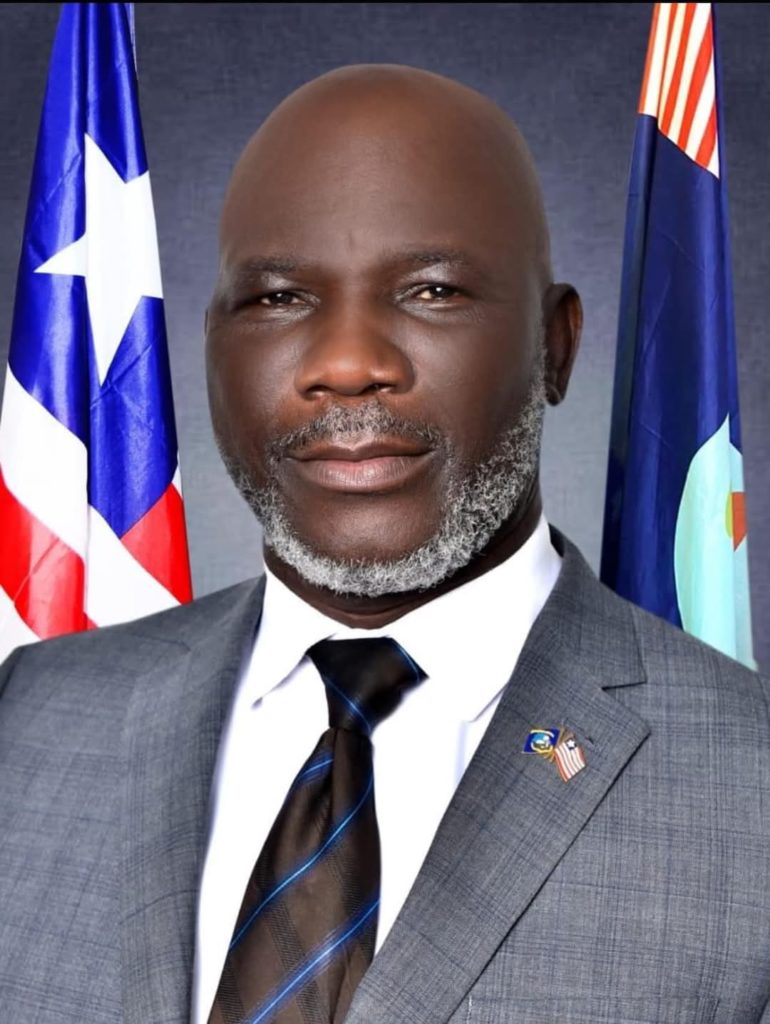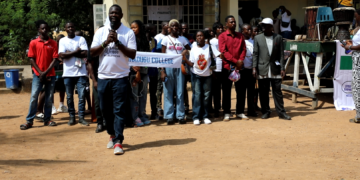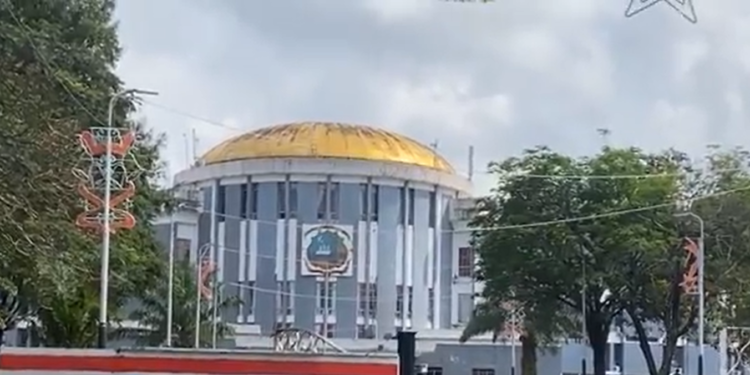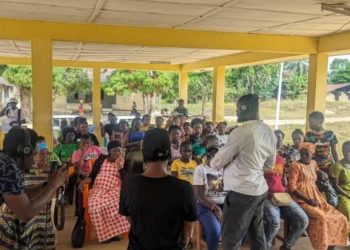By Kemo Cham
A much anticipated Supreme Court ruling that was supposed to settle a nearly two months long leadership dispute in the Liberian legislature has created more confusion.
Members of the House of Representative have been divided over the fate of embattled Speaker J. Fonati Koffa. A group known as the ‘Majority Bloc’ declared his seat vacant and elected a new Speaker, a move declared as unconstitutional by a pro-Koffa group called the ‘Minority Bloc.’
Since the crisis started, the Majority Bloc has been holding sessions outside the legislative Chamber, where they voted on November 21 to elect their leader, Representative Richard Koon, as the new Speaker.
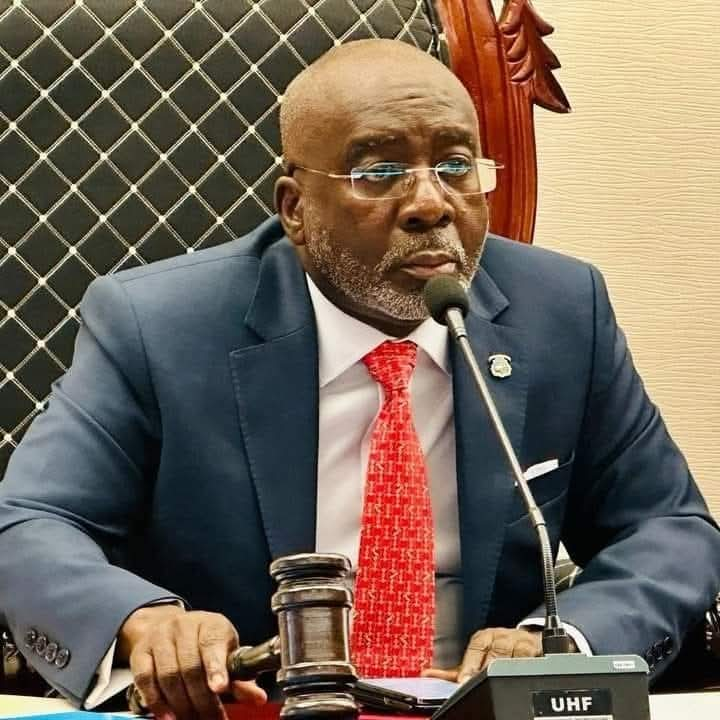
The voting took place two days after Koffa’s team filed a petition with the Supreme Court on November 19, alleging that the Majority Bloc intentionally boycotted plenary sessions and disrupted legislative functions. The actions challenged by Koffa’s legal team include the Majority Bloc’s holding of sessions outside the official chamber, attempt to remove the Speaker, suspension of several House members, and nullification of committees established under Koffa’s leadership.
On November 24, the Court issued a stay order for the Majority Bloc to halt all actions and return to the status quo while it reviewed the petition.
On Friday, December 6, the court ruled that any action taken outside the bounds of the Constitution is illegal, urging both parties to return to the House Chambers and adhere to constitutional procedures.
The judgement which was read by Chief Justice Sie-A-Nyene Yuoh, on behalf of the full Supreme Court bench, crucially failed to specify how this should be done.
Consequently, both sides are interpreting the ruling in their favour.
Speaker Kofa described it as victory for democracy.
“We celebrate victory, not of a bloc, but of a democracy embedded in the rule of law,” he wrote in a social media post in response to the ruling.”
